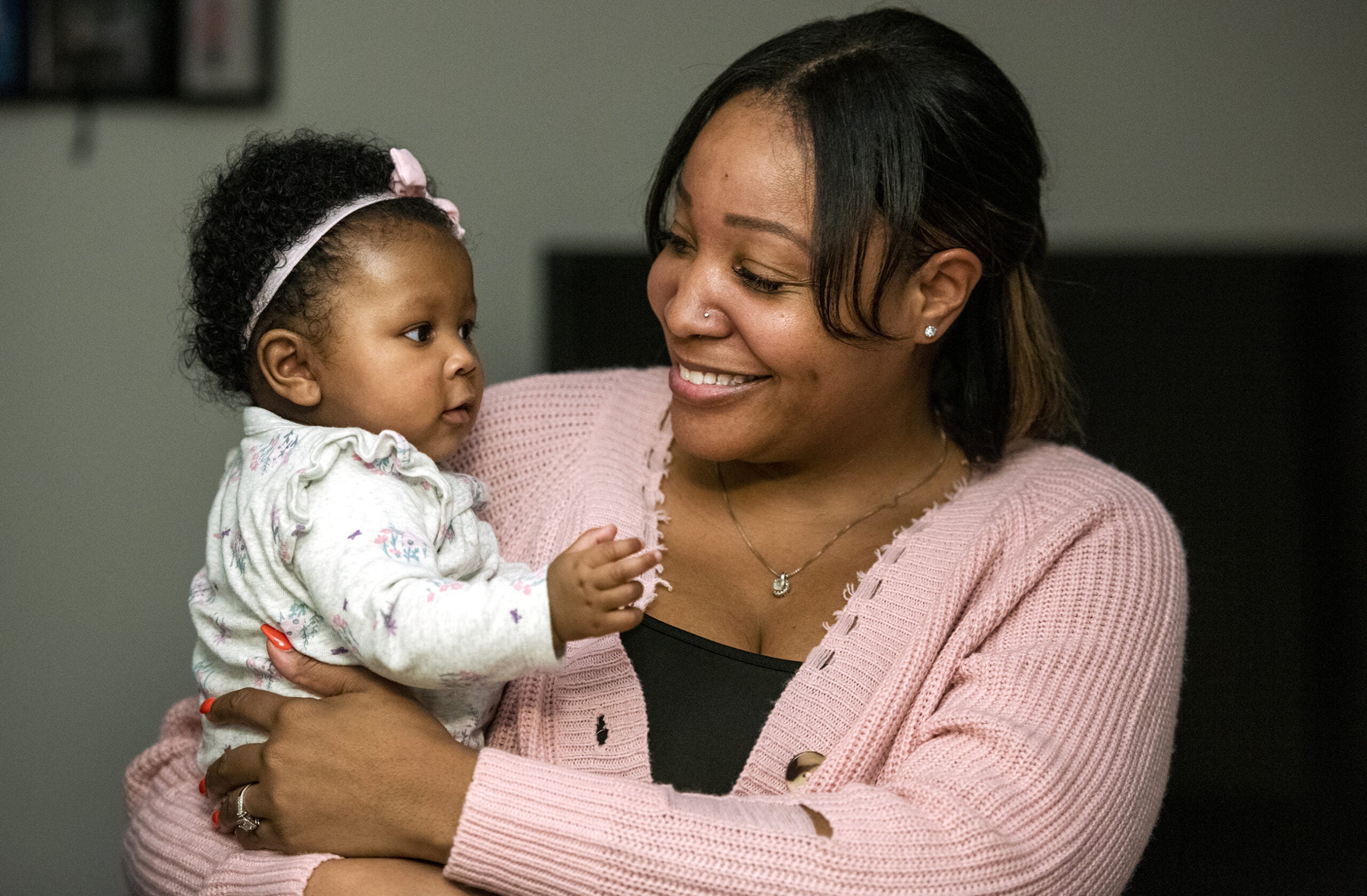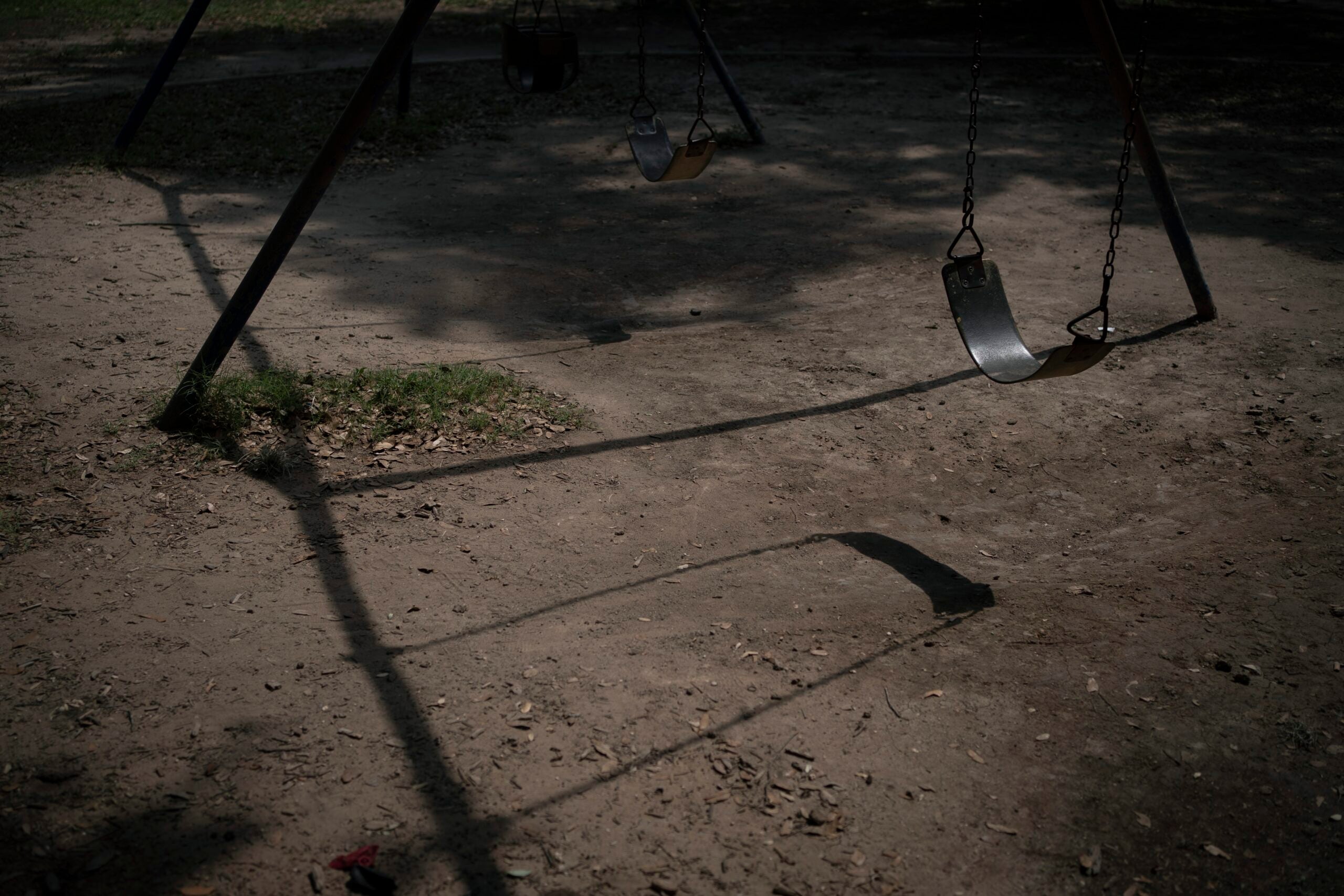With more research showing health is tied to where a person lives and how much education they have, some Wisconsin schools are enlisting the help of local businesses and community groups to help children learn and hopefully improve health outcomes.
The topic was the subject of a forum of the Evidence-Based Health Policy Project at the state Capitol on Thursday.
One success story experts highlighted was Algoma, a small city in Kewaunee County. In 2008, the county ranked 24th for overall health according to a University of Wisconsin-Madison Population Health Institute report.
Stay informed on the latest news
Sign up for WPR’s email newsletter.
Since then, the community of 3,167 has worked its way up in the rankings, even getting the Robert Wood Johnson Foundation Culture of Health Prize in 2017.
Revitalizing community health through the Live Algoma initiative hasn’t been easy, said Teal VanLanen, director of improvement and community engagement at the Algoma School District. VanLanen said there were financial, emotional and other obstacles which sparked the change: a major business had closed down, elementary school students had unmet mental health needs and some wanted a football field and arena for student athletes.
What they got instead was a community wellness center. It was seen as a better long-term investment in the city’s health, VanLanen said.
The school district sought to fill the social and emotional needs of elementary students through a mentoring program called Wolf Den in which older students interact with younger students. The program, named after the school mascot, also offers after school meals.
Manufacturing is a key industry in Algoma and companies brought equipment to the Algoma School District so students who were interested in factory work could pursue a career after high school.
“This strategy has increased Algoma’s graduation rates, to increase local employment and ultimately we will have a better quality of life in Algoma,” said VanLanen at the Capitol Thursday.
Behavioral health and lack of access to counselors is an issue across the state but can be particularly acute in rural areas. Craig Albers, an associate professor in the Department of Educational Psychology at UW-Madison, has traveled to different parts of Wisconsin to ask school officials and parents what obstacles they face in education.
“The most frequently mentioned issue is mental and behavioral health,” he said during the forum.
To underscore the point, Albers pointed to a survey of school principals which showed there tended to be higher need of unmet mental health needs in more remote areas of the state.
Wisconsin Public Radio, © Copyright 2024, Board of Regents of the University of Wisconsin System and Wisconsin Educational Communications Board.





